EDITORIAL
On the Second day of the 41st AEAA Conference the editorial aims to present keynote address on the powerful journey into the heart of the conference theme, marked by thought-provoking discussions on decolonizing education and assessment practices across Africa. In addition to keynote address, there are five presentations and most of them related to the benefit of African assessment systems. Finally, the editorial will present a wonderful evening program of cultural events that tie those African countries as well as partner countries.
Keynote Address: Decolonizing Education and Assessment
Dr. Kassa Michael from AAU delivered a compelling keynote address on "Historical African Education, Assessment and the Pan-African Ideal." He argued that the legacy of "incompatible and borrowed" education and assessment systems has contributed to widespread of learning poverty and a focus on measuring cognitive knowledge rather than encouraging culturally relevant, practical formative assessments. Dr. Kassa's address was a call to action, urging a bold step forward to "decolonize Education and Assessment in Africa" and to make assessment and evaluation "culturally relevant." He concluded by stressing the need for Africa to "develop and strengthen its values and norms" to cultivate creative and productive citizens.
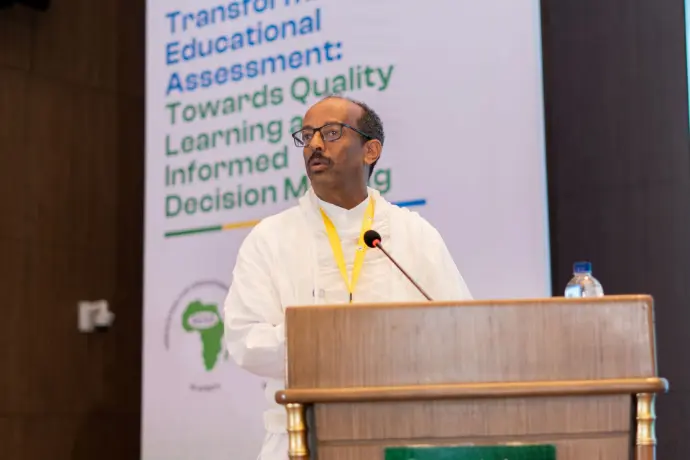
“…legacy of incompatible and borrowed education and assessment systems has contributed to widespread of learning poverty…” Dr. Kassa Argued
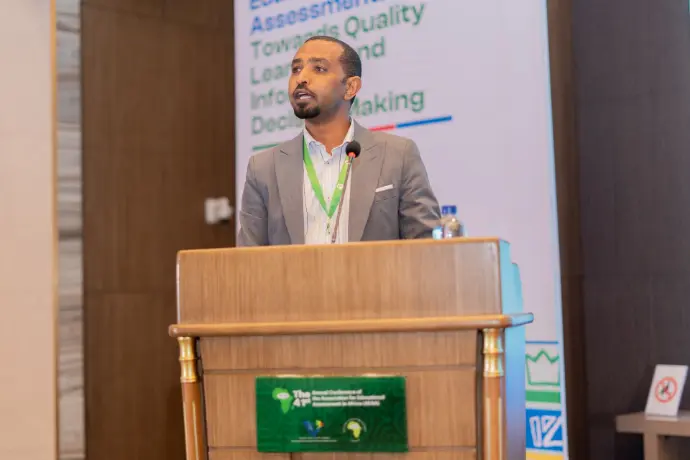
Qelem Meda Technologies
Presenter Mr. Dessalegn, sharing their organization's experience in building innovative, localized solutions for the continent's educational challenges.
"African problems should be solved by African minds…" Qalam Meda
Continental and Global Perspectives
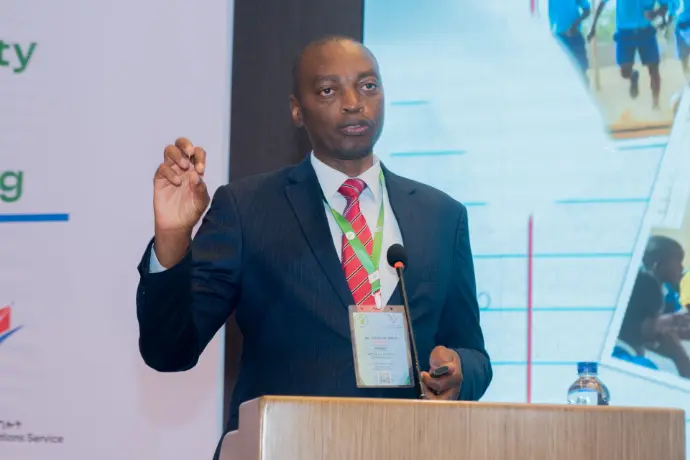
The discussions expanded to continental and global frameworks. Mr. Shedric, representing the AEAA Technical Working Group, presented on a "Continental assessment framework for Africa." He described the framework as a shared vision for "measuring what matters most," emphasizing that "African children are born to learn" and a harmonized approach is key to monitoring and supporting that innate potential
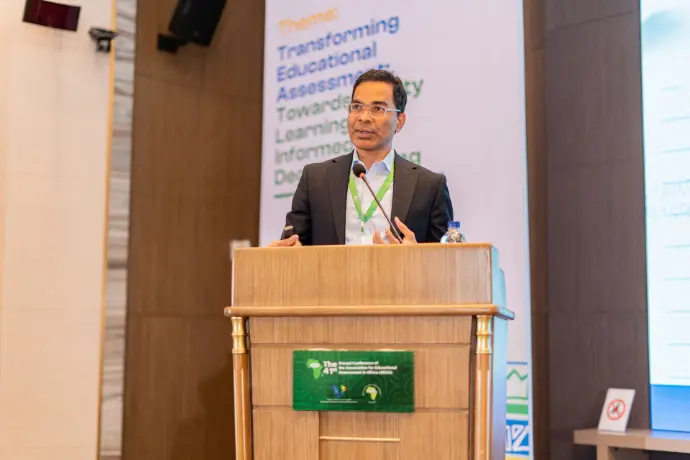
Dr. Rudranarayan Sahoo of UNICEF: focused on the necessity of investing in learning assessments, acknowledging the challenges, and outlining strategic measures to effectively measure learning outcomes.
“African children are born to learn”
The conference also featured a launch of the adapted Tuseme Model by Mr. Kossi Tsenou of the Forum for African Women Educationalists (FAWE).
A Closer Look: Addressing Disparities and Practical Challenges
A presentation by Dr. Tamirie Andualem from AAU provided a case study on "National Examinations in Secondary Schools in Ethiopia: Validity and Achievement Disparity." His research found that while Ethiopia's national exam is valid, notable performance disparities persist based on gender, school type, and academic program. The findings reinforced the need to ensure fair assessments that advance equity and improve the quality of secondary education.
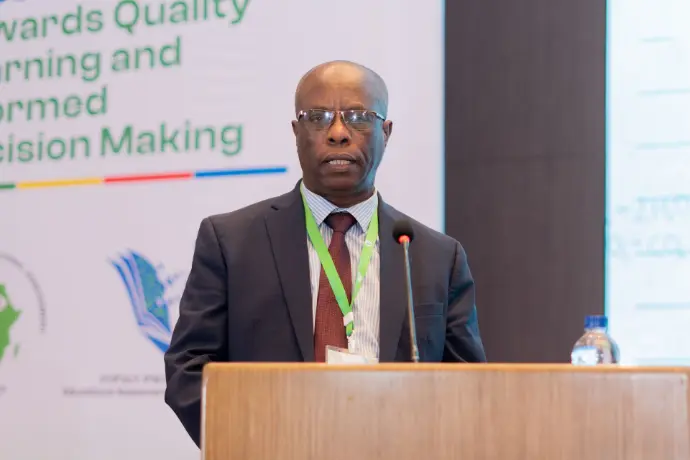
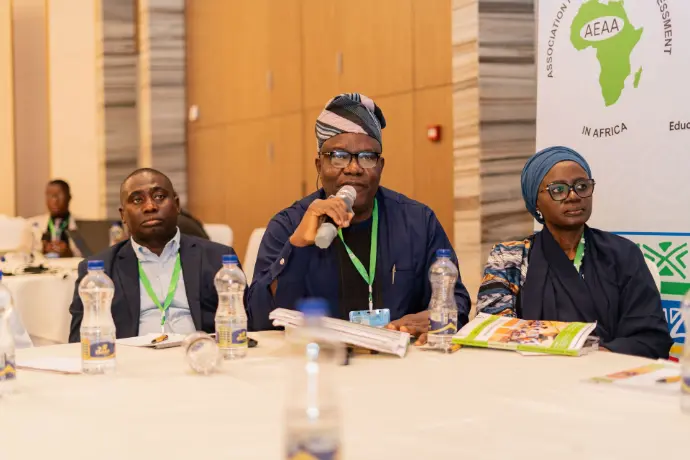
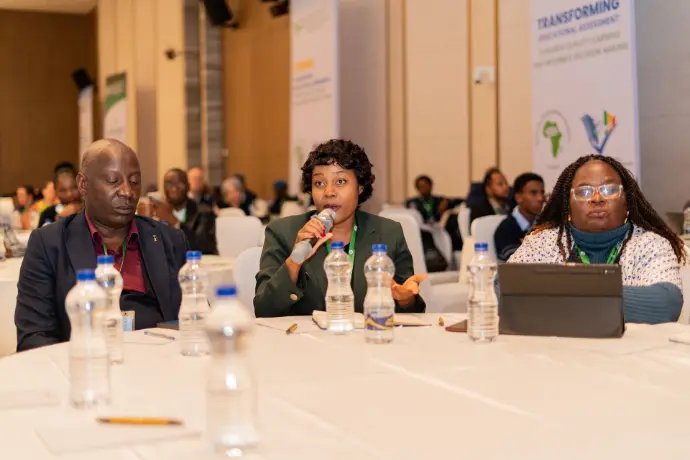
Understanding each other’s cultures
The cultural evening was a precious opportunity to not only learn about the diverse cultures of Ethiopian peoples, but also to explore the rich tapestry of cultures and delegates from different countries on the continent of Africa and beyond.
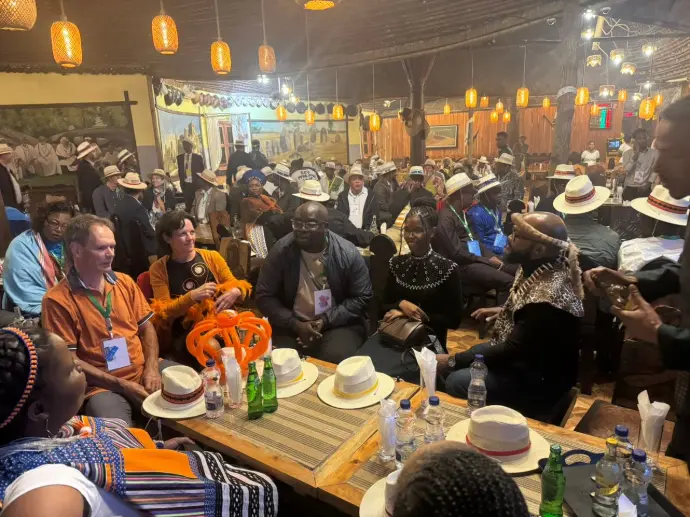
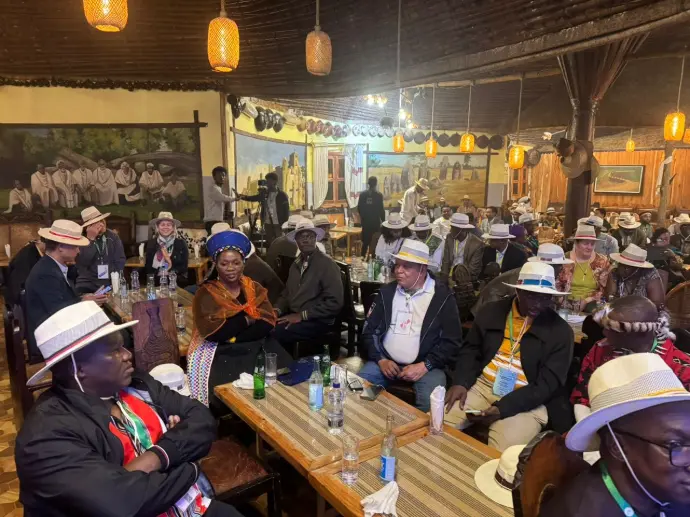
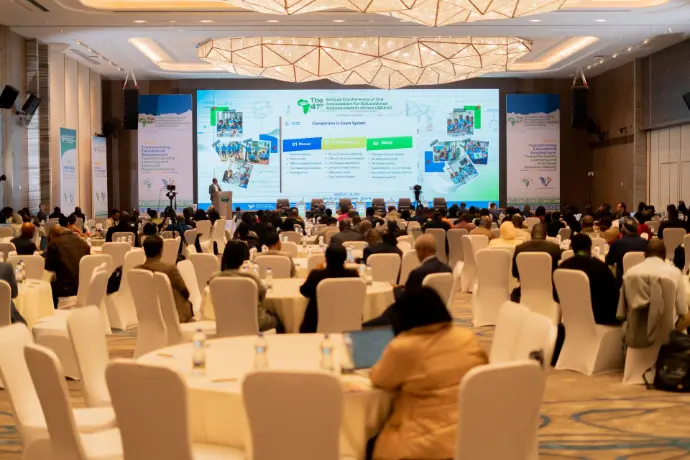
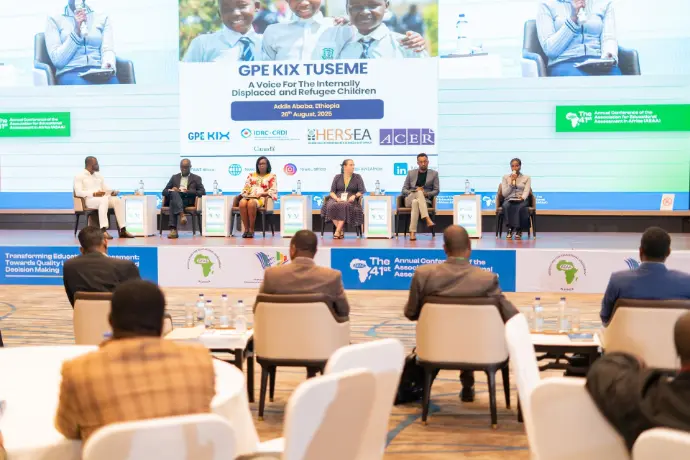
A Moment of Connection
The afternoon tea break provided a moment of cultural immersion with a traditional coffee ceremony and cultural dancing, complementing the intellectual exchange with a taste of Ethiopian hospitality and heritage. The exhibition halls were also open, showcasing the work of sponsors and partners.
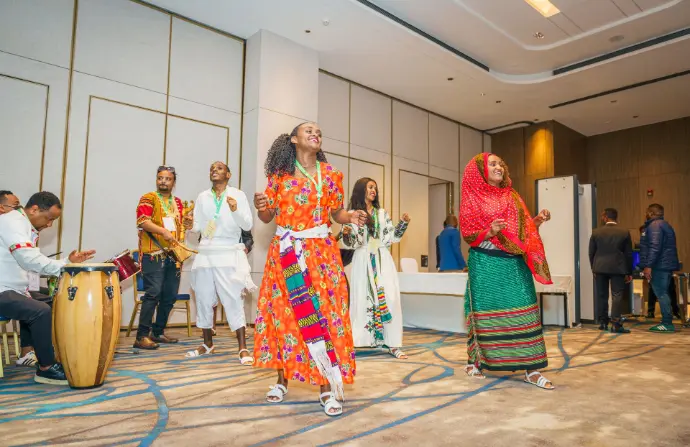
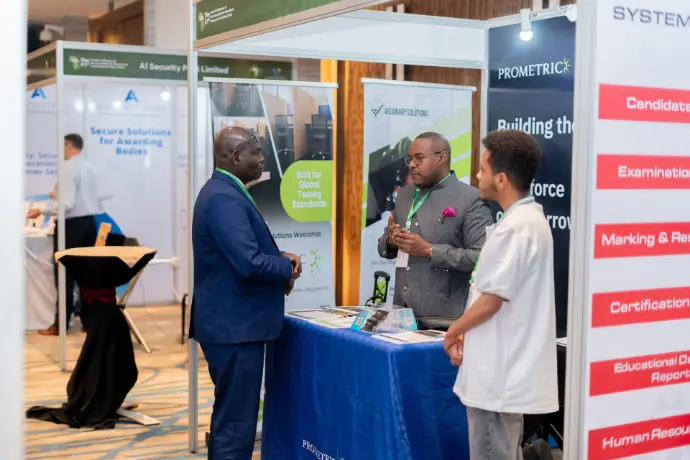
The presentations led to a dynamic discussion chaired by Dr. Michael Chilala. Participants raised critical questions about the practical implementation of assessment reforms, including how to manage the challenges of language diversity, ensuring validity and reliability, and managing the difficulty level of exams.